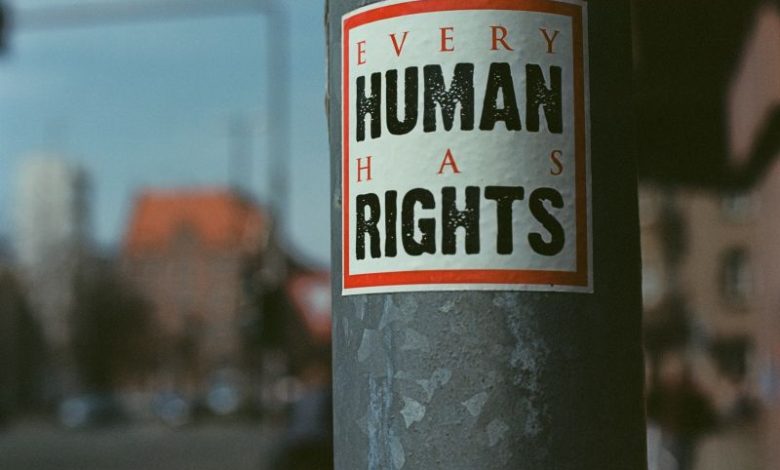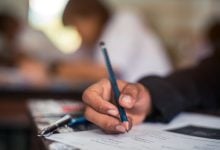New Zealand performing poorly on right to education
The latest data published by the Human Rights Measurement Initiative (HRMI) shows NZ could do better to uphold the right to education.

New Zealand is “bad” at upholding the right to education, according to the latest data published by the Human Rights Measurement Initiative (HRMI).
The HRMI measures and tracks the economic and social, and civil and political rights of countries around the world. It published the latest statistics for New Zealand last week.
Read the latest print edition of School News HERE
The right to education is measured against an income adjusted benchmark and the global best. For the income adjusted benchmark, New Zealand’s right to education is measured against countries with similar income level.
According to the HRMI, “every country can receive 100 percent against this benchmark if they use their available resources effectively.”
A lower score means improvement using available resources is possible, and necessary.
But for both the income adjusted benchmark and the global best measurement, New Zealand’s performance has been rated “bad” by the HRMI.
When disaggregated, New Zealanders’ right to secondary education is rated as “fair”, but our right to a quality education in maths and reading is ranked as “very bad”. The right to a quality education in science is also deemed “bad”.
Females’ right to education is rated slightly higher than males. Indigenous people, people experiencing homelessness, people with disabilities and people with low social or economic status are more likely to have their right to education violated.

Prudence Walker, Disability Rights Commissioner, said disabled children were among the most impacted as they were frequently discouraged from enrolling in local schools and often denied reasonable accommodation. She wants to see the Government co-design support structures with disabled people to better uphold their human rights.
“Evidence suggests that disabled students who have been genuinely included in education are more likely to contribute in all the ways they want to and be able to live dignified lives.”
The right to education is defined according to international law, where everyone has the right to a “quality, relevant and culturally appropriate education.”
Primary, secondary, higher, technical/vocational and fundamental education should be physically accessible and financially affordable.









